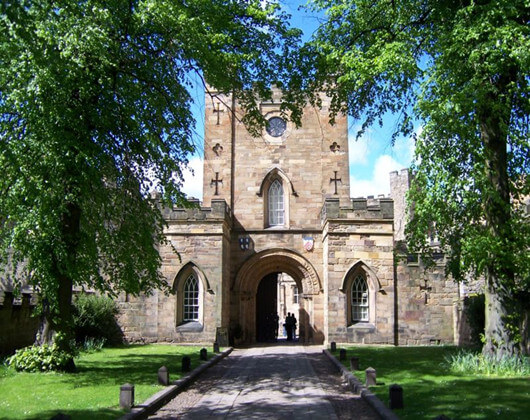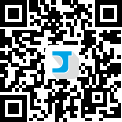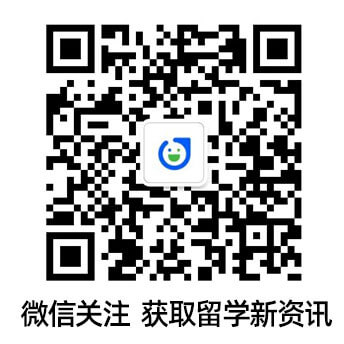Global Marketing Led by Dr Eva Kipnis Autumn semester, 15 credits Assessment: Group presentation, group assignment and individual written reflection This module provides a general overview of global marketing. It is specifically designed to prepare students for the challenge of industry and particularly working in a global context. By the end of the course students will have discovered fresh insights relating to the international market environment and be equipped for the challenge of international markets. Marketing Management Led by Dr Jerzy Kociatkiewicz Autumn semester, 15 credits Assessment: Individual 3,000 word written report and group presentation This unit aims to introduce the discipline of marketing. This unit covers the theory and practice of marketing in organisations - which functions embrace developing, planning and coordinating marketing decisions to achieve marketing goals and objectives and build competitive advantage. This unit aims to provide students with depth of understanding of marketing planning, strategy development and marketing auditing using tools and techniques for developing strategic direction, implementation of marketing decisions including marketing communications, pricing, distribution, product and distribution decisions, segmentation, targeting and positioning decisions and buyer behaviour decisions. Contemporary Marketing Practices Led by Dr Ranis Cheng Autumn semester, 15 credits Assessment: Individual coursework and group portfolio This unit aims to equip students with the knowledge to apply various marketing theories in different business contexts, and to critically evaluate the contemporary issues which impact on the practices of marketing. Marketing Communications Led by Dr Hossein Olya Autumn semester, 15 credits Assessment: Individual essay and case study coursework Marketing communications are the most visible elements of the marketing mix, offering consumers and stakeholders an immediate image of an organisation. In this module, we explore the role of marketing communications, how they developed, and their current uses and future trends, by looking at a combination of theoretical and practical approaches to the topic. Areas covered will include identification and comparison of the different communications; the role and evaluation of communications in different markets; and recent developments in integrated marketing communications. The broad aims of the module are to facilitate a critical view of marketing communications based upon an integrated perspective, and to provide the material for students to apply theoretical knowledge to practical situations. International Consumer Behaviour Led by Dr Lien Monkhouse Autumn semester, 15 credits Assessment: Individual essay and 6,000 word group coursework The consumer focus of marketing requires, among other things, that we should understand how and why consumers behave as they do. Thus, the subjects of marketing and consumer behaviour are intimately related. This unit aims to introduce students to the principles and concepts of consumer behaviour. It also investigates the issues that arise when considering consumer behaviour in the international / cross-cultural context and their implications for marketing strategy. Marketing Research Led by Dr Lien Monkhouse Spring semester, 15 credits Assessment: 2,500 word individual report and group project and report This unit aims to equip students with the knowledge to plan and conduct a complete marketing research; and to critically evaluate different types of research designs and methods, with careful consideration to the ethical issues relating to the research activities. Retail and Services Marketing Led by Dr Ranis Cheng Spring semester, 15 credits Assessment: Group presentation and report This unit aims to equip students with the knowledge to apply marketing theories to a retail context, and to critical evaluate the retail operations using a retail audit. Also, this unit aims to provide students with knowledge of the services sector and offer insights into the various marketing challenges that the sector is facing today. Branding Led by Dr Ranis Cheng Spring semester, 15 credits Assessment: Individual 3,000 word essay This unit engages students with different theoretical perspectives on brands, their management, and the relationship between brands and their socio-cultural context. The learning process exposes the students to a wide range of brand examples. Students draw on the theoretical perspectives to write an analytical critique of a specific brand. Marketing in Society Led by TBC Spring semester, 15 credits Assessment: Individual 3,000 word essay This module deals with the social context of marketing. It draws on a variety of issues engaging contemporary marketing practice, and examines the implication of the the adoption of the marketing concept as one of the dominant business aproaches, as well as its widening use as a tool for framing and solving societal issues. It aims to help students gain understanding of the interplay between marketing discourse and practice on the one hand, and social and cultural environment on the other. It examines the role marketing plays within contemporary societies, its proposed and applied uses outside of business settings, and presents the critical discussion of the marketing concept as a general problem-framing and solving tool, as well as the ethical implications thereof. Dissertation Summer semester, 45 credits The dissertation is the culmination of your master’s study and recognition of your capability to conduct a research project independently. Students can apply to undertake an organisation based dissertation project, arranged by the Management School. Working with an organisation, students can structure their project around a real business issue of challenge set by the host organisation. A student project will develop your employability skills, enhance your CV and give you the chance to use your insight to help an organisation develop.
 日本
日本
 韩国
韩国
 英国
英国
























